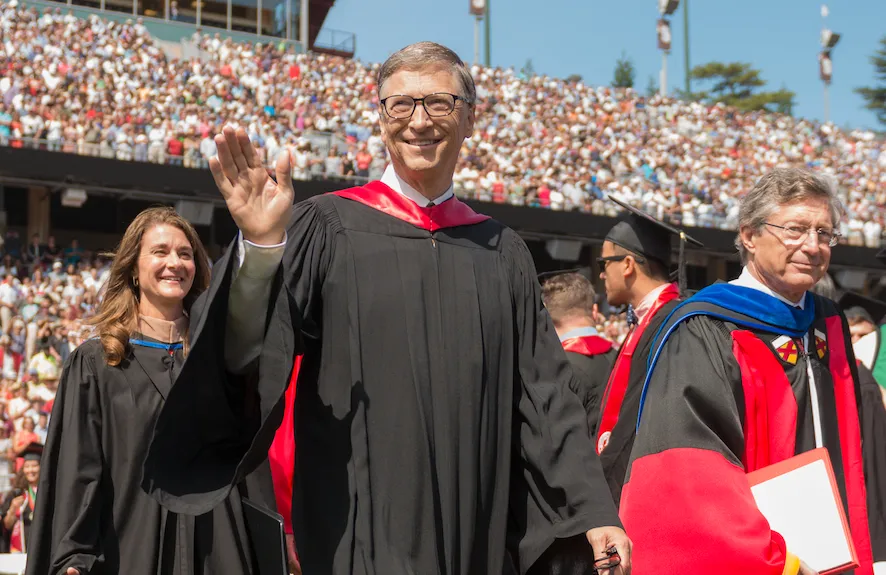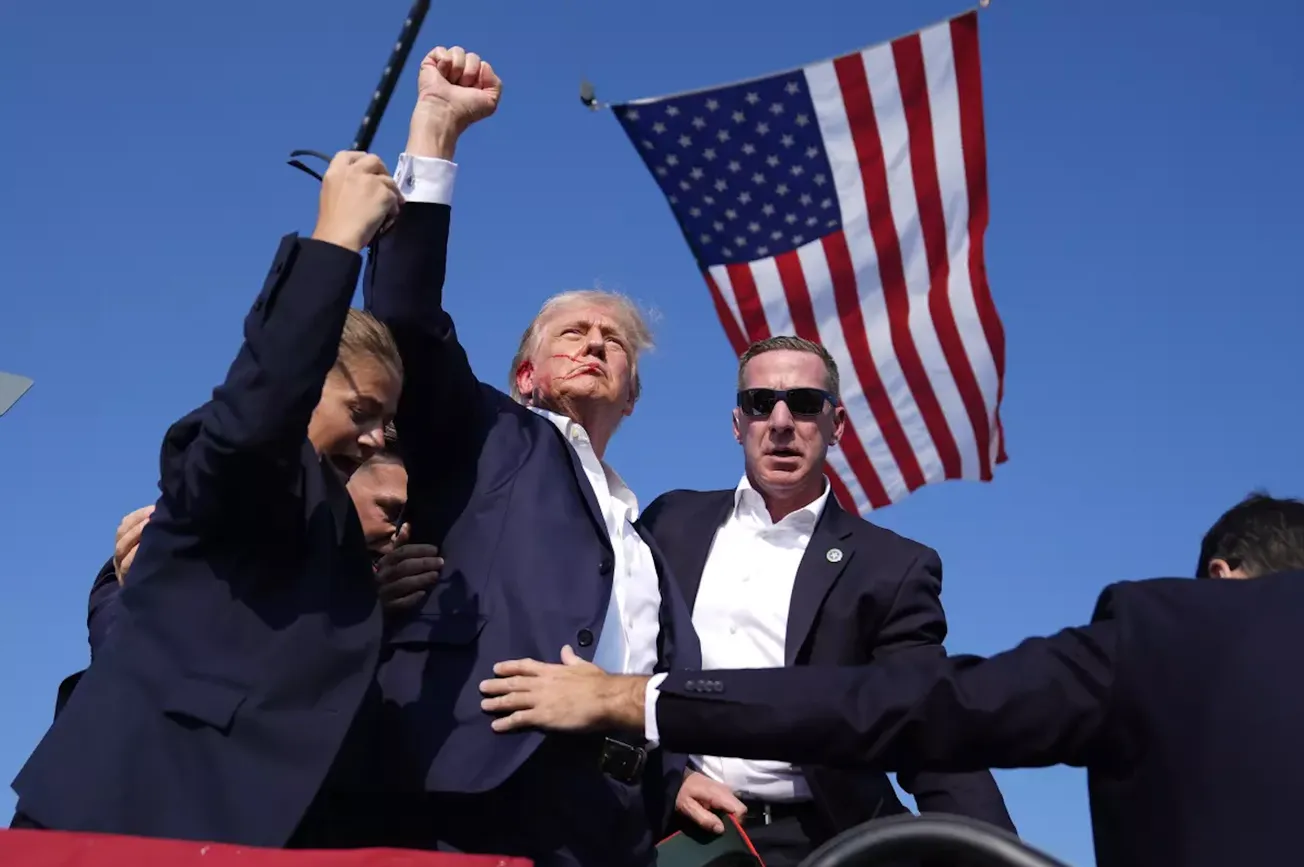Table of Contents
Throughout the 2018 election season, Democrats campaigned on protecting Obamacare, enacting stricter gun laws, and passing anti-corruption legislation. For good reason, many expected a focus on these issues following their takeover of the House.
Instead, wealth taxes, the horrors of Amazon bringing thousands of jobs to Queens, and the Green New Deal have dominated the Democratic agenda. In just a few months, the party has taken a dramatic turn to the far economic left.
This leftward lurch became even clearer when Howard Schultz announced his bid for the presidency. Democrats nearly had a collective aneurysm. They argued that his campaign would throw the election to Trump. The media accused him of being out of touch. Others derided him, calling him the dreaded b-word.
No, not that b-word. The b-word I’m talking about is “billionaire:” Howard Schultz came under attack because his net worth exceeded ten figures. Even though he had grown up in a working-class family reliant on public housing assistance before building one of the most recognizable consumer brands in history, Schultz was the enemy because he had made a lot of money.
Around the time of Schultz’ announcement, Farhad Manjoo published an op-ed in The New York Times claiming that America should abolish billionaires. Bill Clinton’s Secretary of Labor Robert Reich jumped on the bandwagon, tweeting that any billionaire must have succeeded through cheating, exploitation, or bribery.
This is downright silly. Of course, crony capitalism and rent-seeking have inevitably created a number of rich people. But it seems that the left fundamentally misunderstands what billionaires do: they are creators, people who produce massive value for society by building extraordinary products and impactful businesses. They become ultra-wealthy through equity ownership in the businesses they create.
Schultz is an example of someone who made his fortune by building a valuable company from the ground up. Manjoo can criticize him and other billionaires as much as he likes. But he should recognize that he writes for The Times only because Carlos Slim, a billionaire, bailed out the struggling newspaper during the financial crisis. And Reich made his argument via Twitter, a platform created by billionaire Jack Dorsey, and on a device, the iPhone, created by billionaire Steve Jobs.
Nearly every important innovation that improves the average American’s quality of life was ideated and executed by someone who eventually became a billionaire. We shouldn’t be upset that these people are worth so much money; their great wealth simply reflects the tremendous amount of value they have created for society. Calling for the abolition of the billionaire class is tantamount to calling for the destruction of the next generation of creators and builders. It is no different than demanding that we prevent founders from creating the future versions of Facebook, Uber, and Airbnb. America is fortunate to have nearly half of all global unicorns—those companies valued over a billion dollars—innovate, create jobs, and produce their products right here in the United States. Moving forward, do we really want to destroy the incentives for entrepreneurs and financiers to create life-changing products?
Of course not. Innovation has lifted millions of people out of poverty and increased the quality of life worldwide for both the rich and the poor. Yet there is still more that can be done. Many industries are broken; there exists immense opportunity for disruption across healthcare, transportation, and education. The American government has been heavily involved in these industries, but the verdict is in on government control: the public sector often causes more problems than it solves, and although we cannot look to government to fix the pressing issues of our time, we should have tremendous confidence in the private sector’s ability to reduce poverty and increase economic opportunity through innovation. The billionaires of tomorrow are ordinary people working day and night to bring value to consumers and reshape the way we live our lives. The last thing society needs right now is to destroy their incentives to do so.
Many on the left correctly point to rising healthcare costs, unaffordable rents, and Americans’ lack of savings as pressing problems that our country must address. But the notion that we can take money from Jeff Bezos and hand it directly to working class Americans so that they can afford their groceries, stave off eviction, or visit the doctor’s office is fundamentally misguided. Confiscating Bezos’ entire wealth would, for example, keep the federal government open for just two additional weeks. Our government is wasteful, burning cash at rates that would put private enterprise out of business almost immediately. Redistributing money from efficient businessmen like Bezos to our profligate government is a mistake that we cannot afford.
Abolishing billionaires through wealth confiscation would destroy the incentive to innovate, hinder the financing of new startups and high-impact projects, and send a message that success in America ought to be punished rather than celebrated. Whether it manifests in the way progressives talk about Howard Schultz or how they decry Amazon’s choice of an HQ2, wealth-shaming is detrimental to American entrepreneurial spirit and ultimately to the American dream. Though I don’t doubt that the left wants to improve the lives of Americans, creating an environment hostile towards innovation and investment is the opposite of progressive; we need more entrepreneurs willing to take the risks necessary to fix society’s problems, not fewer. Raising taxes on the most successful of us is not the solution to our problems. I hope we realize that before it’s too late.








